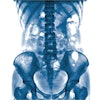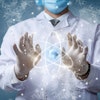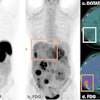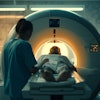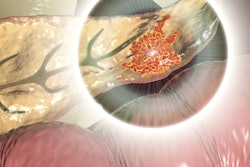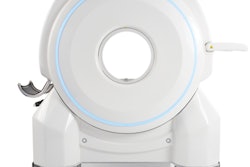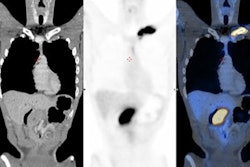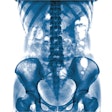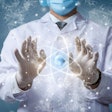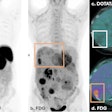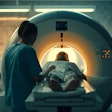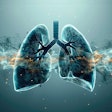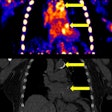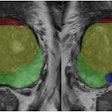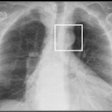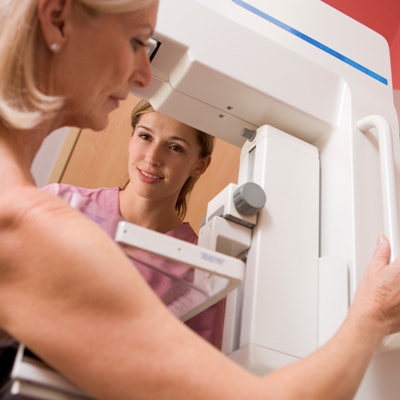
Laughter may not be the best medicine on paper, but a Swiss study published October 8 in Cancer Imaging suggests a little humor can go a long way for the radiologist-patient relationship.
Researchers led by Dr. Elisabeth Sartoretti from the University of Zürich found that using humor during routine breast cancer screenings can improve relationships because the radiologist is considered more empathetic and competent. The team also noted that patients can recall the radiologist's name more easily and value the final discussion more.
"This study encourages us to continue research in the field of communication and radiology," Sartoretti and colleagues wrote. "But this does not only apply to radiologists. With similar approaches, we see great opportunities to improve communication in other clinical disciplines."
While breast cancer screenings are essential in finding tumors early, the process can be stressful for patients who might worry they have cancer.
Humor has been shown to stimulate psychological systems that reduce stress levels, as well as serve as a defense mechanism for people facing challenges and to avoid negative emotions. However, researchers noted a lack of data on humor's effectiveness in reducing anxiety and increasing patient comfort in medicine, including breast exams.
Sartoretti et al wanted to determine if humor could enhance patient comfort during breast cancer screening exams. They looked at data from 132 patients, including 131 women and one man, with an overall average age of 59 years. BI-RADS I and II findings were included in the study.
The patients were split evenly into a humor group and a nonhumor group. In the humor group, the radiologist used the element of surprise and presented a business card with cartoon figures. After the mammography and before the ultrasound examination, patients were greeted with the following: "Good morning, my name is Dr. XY. I am your radiologist. Your mammography results were unremarkable. I realize that patients find it difficult to remember my name. For this reason, I give you my card."
The radiologist also engaged in conversation with patients during subsequent ultrasound exams. The nonhumor group, meanwhile, was treated in a "business as usual" manner.
While the team could not measure laughter or smiling from patients, they used patient interviews performed one to seven days after the exams to measure different aspects of the patient's perception of their encounter with the radiologist, such as whether they remembered the name of their radiologist. The researchers used a scale of 1 to 5 for the questionnaires, with "5" signifying complete agreement.
| Comparison of humor versus nonhumor in patient-radiologist relationship | |||
| Nonhumor | Humor | P value | |
| Remembered radiologist’s name | 30% | 85% | <0.001 |
| Perception of empathy by radiologist | 4.59 | 4.94 | <0.001 |
| Appreciated final discussion with radiologist | 4.24 | 4.67 | 0.017 |
The researchers also found that patients in the humor group tended to experience less anxiety and felt their radiologist was more competent, although these data did not achieve statistical significance.
Based on their findings, the team suggested that radiologists and other healthcare practitioners incorporate humor into their interactions with patients. They added that this could come in the form of surprise rather than jokes.
"It should be noted that the practice of treating patients with and without humor is an element of our clinical routine," authors wrote. "Therefore, the radiologists at our institution are well trained in this type of patient care."
The researchers called for larger validation studies in this area, as well as studies on how humor can be used to aid with depression in physicians.
